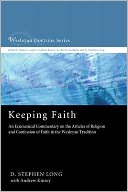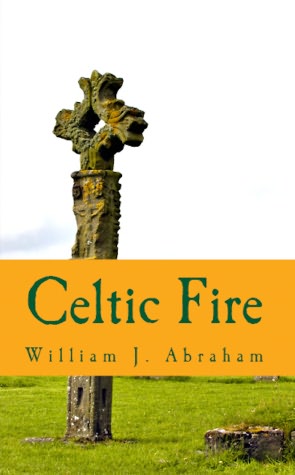Reflecting on the mission of the church in light of our Wesleyan theological heritage I have been blessed with the insights of the following professors and practioners of the faith who are putting forth before the church what it means to live out the gospel. Here are three books of articles and papers that I have enjoyed and that I hope others will enjoy. They all pertain to evangelism and mission in the Wesleyan spirit and they all speak to the ways in which we can be engaged in mission and witness.
Paul Chilcote's collection of essays and articles in
Making Disciples in the Global Parish: Global Perspectives on Mission and Evangelism reflects on what it means to make disciples in specific contexts around the world. A rich resource for future conversation...

W. Stephen Gunter and Elaine Robinson have assembled essays and papers on
Considering the Great Commission: Evangelism and Mission in the Wesleyan Spirit. I appreciate the practical aspects of this work.

Darrell Whitman and Gerald H. Anderson have edited a unique volume on World Mission in the Wesleyan Spirit. This work also explores the challenges facing the Wesleyan movement around the world and asks difficult questions with respect to the fires of renewal.

These works are available, of course, through amazon, but they provide food-for-thought as we consider the global impact and nature of the Wesleyan movement, not to mention the United Methodist Church.








